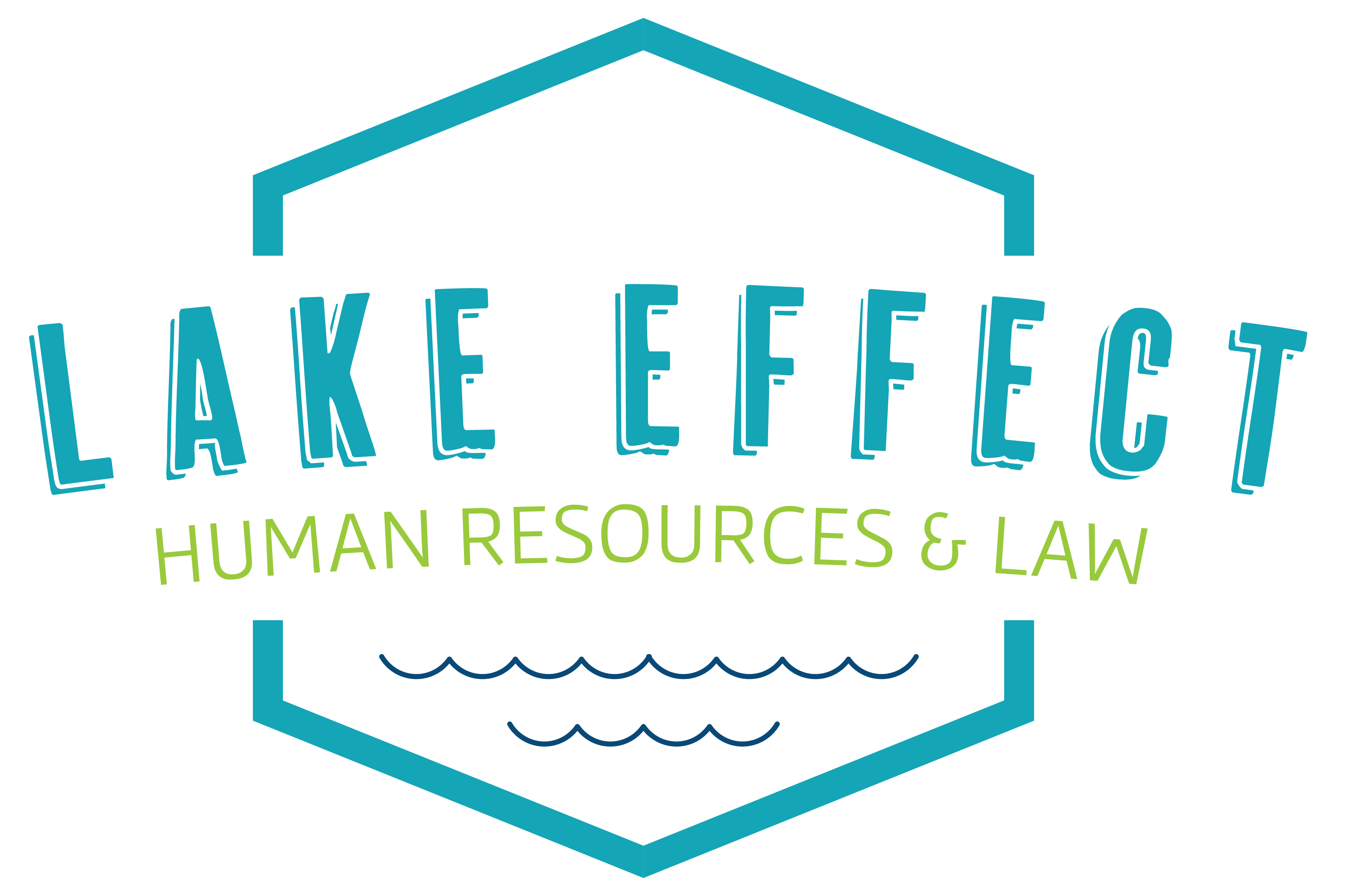Employers across the country – from small nonprofits to multi-national corporations – are grappling with whether and how to maintain a remote workforce with employees in multiple states. There are distinct advantages to allowing employees to work from their home, wherever that may be, and opening the applicant pool to a remote workforce. (See our previous blog on how to sustain company culture with a remote workforce.)
When evaluating remote employment plans, it is critical for employers to review the state and local laws that apply to workers outside of Wisconsin. Many of those laws apply even if an employer has only one part-time employee working in the remote location. Below are some of the important legal issues to consider:
- Paid Sick Leave. States and municipalities across the country have enacted mandatory paid sick leave laws, most of which apply to all employees working in the particular state, county, or city. An employer’s PTO policy generally will comply with the paid sick leave law if the PTO provides a specified minimum level of benefits. However, employers should review the specifics of any relevant paid sick leave laws, including the laws’ required notices to employees. Those notices may need to be included in a handbook and/or with paystubs.
- Paid Family and Medical Leave. At least nine states and the District of Columbia have also enacted mandatory paid family and medical leave laws that apply to all part-time and full-time employees working in the state or district. The leave programs differ in the amount of leave that must be provided, benefits, eligibility requirements, required notices, and how the programs are funded. Employers should review these laws if applicable and ensure their leave policies comply.
- Employee agreements. State laws vary dramatically as to the enforceability of non-competition and non-solicitation agreements. Most states require these agreements to include limitations on their geographic scope and length of restriction. Some states also require employers to give the employee something, such as a bonus or promotion, in exchange for signing a non-compete or non-solicitation agreement while others require specific language be included in these agreements. Some states prohibit all non-competes (D.C. is currently considering such legislation) while some prohibit non-competes with employees who are paid below a specified wage threshold. To reduce the risk of an employee agreement being struck down by a court, it is important to review the applicable state laws and incorporate all requirements.
- Pay history and criminal background checks. When recruiting nationwide, employers should ensure they are complying with the growing number of laws limiting or prohibiting inquiries into an applicant’s pay history or criminal background. These laws were largely enacted to create more opportunities for women and people of color. They also reflect HR best practices. Inquiring into pay history and/or criminal background may unnecessarily limit the applicant pool and hinder efforts to create a more inclusive workplace culture.
- Anti-harassment training. At least six states, including Illinois, require employers to provide anti-harassment training to employees and supervisors working in their state. Other states encourage, but do not require, anti-harassment training. Even if not legally required or encouraged, we recommend employers provide anti-harassment training at least every other year.
- Business Expenses. As more employees are working from home, employers should review their business expense policies for compliance with the laws of the state in which employees work. For example, California and Illinois have specific laws on what business expenses must be reimbursed by an employer.
- Drug testing. Drug testing laws vary from states such as Minnesota, with strict policy and process requirements to states such as Wisconsin where the laws are more lenient. Employers who require drug tests also should take into consideration whether the recreational and/or medicinal use of marijuana has been legalized in the state where the employee works. Over 30 states and municipalities have legalized marijuana in some form.
- General employment laws. Each state has enacted its own general employment laws covering, for example, minimum wage, other wage and hour requirements, workplace safety, workers’ compensation, unemployment insurance, and anti-discrimination. Employers should review these laws and ensure their employee handbook, policies, trainings, and practices are in compliance.
Lake Effect is here to answer your state and federal employment law and HR questions related to a remote workforce. We continue to monitor important legal and HR developments, as well as COVID-related updates from federal, state, and local authorities. Please keep watching our blogs and emails for these important updates, as well as discussions of how compliance meets culture. To dive into these issues, contact us at info@le-hrlaw.com or 1-844-333-5253.




